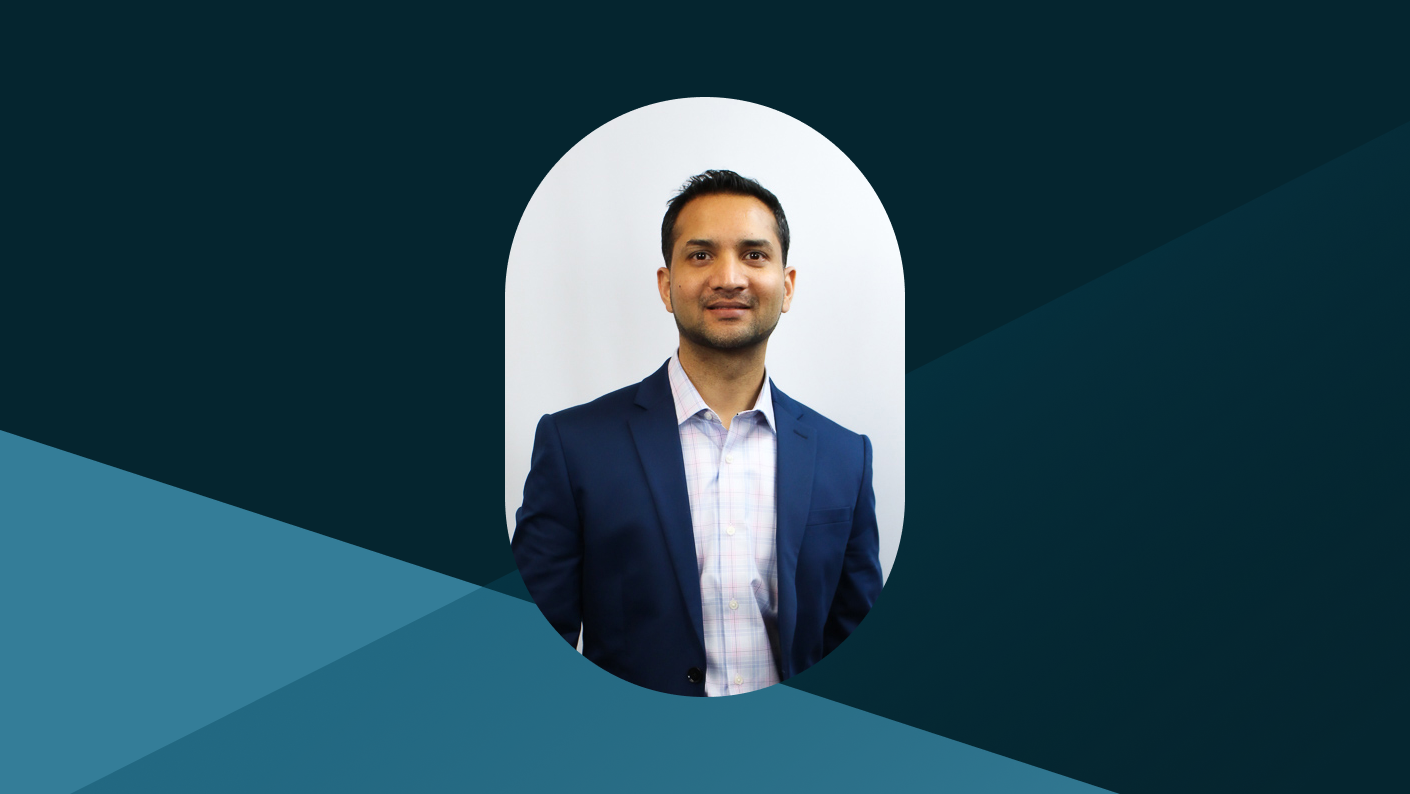
 Meet Mohammed Khan, affectionally known here at Catalyst as “Mo.” He first started working with Catalyst as a contractor, and shortly after, became a full-time employee as a consultant. That was 17 years ago. To commemorate his work anniversary, we met with Mo to reflect on what his history with Catalyst has entailed, what has meant the most, and what he has to say about our approach to projects and clients.
Meet Mohammed Khan, affectionally known here at Catalyst as “Mo.” He first started working with Catalyst as a contractor, and shortly after, became a full-time employee as a consultant. That was 17 years ago. To commemorate his work anniversary, we met with Mo to reflect on what his history with Catalyst has entailed, what has meant the most, and what he has to say about our approach to projects and clients.
He took us back to the very beginning, recalling his start as a contractor. It is evident — his nearly 2 decades here have been years of growth and facing challenge with determination.
“My responsibilities grew year after year. There were so many different projects that I was involved in, and that actually gave me the experience and confidence to grow and do more,” he describes.
Over the years, he has recognized that each project and client’s expectations are different, but our motivation is to ensure that we meet or exceed their expectations. It is what he feels sets us apart from the competition.
“We try to meet and exceed client expectations. We are always dedicated to our customer service,” he says.

Each employee has unique strengths, and our combined skills as a team sets us apart from others.
He testifies that our team executes with a level of care that meets the highest standards.
We asked Mo what project has meant the most to him. His response?
“Actually, I enjoyed working on every project that I was a part of. It’s always a challenge to work in a very demanding and dynamic environment, but it keeps the rhythm going for me.”
You’ll see it quoted on our website: we aim to treat every client as if they are our only client. Mo’s enjoyment of and dedication to each of his projects throughout the years is a testament to how well he aligns with our team’s mission. If he must choose, he says his work with the CDA has meant the most to him.
“I enjoyed working with the talented teams, the ideas that were shared between the team members to tackle any issue.”
17 years calls for reflection on the times that have felt transformative, and several come to mind.

When we start taking small steps towards our goals or projects and complete them successfully, then it’s not hard to take the big jump.
He credits our leadership team for our evolving perspective and dynamics, constantly iterating to create the best traveler experience possibility at Chicago’s O’Hare and Midway.
“We serve them and make sure that we provide the services that the general public needs, and it’s enjoyable work.”
Mo’s personal motto? “Let’s get it done!”
He says this mantra sets a positive energy for the team when tackling a new project.
“It’s an opportunity to learn, build new relationships, meet new people, and get to know the client’s needs and how we can provide a custom solution.”
Ultimately, Mo wants us to know, “It’s just an honor to work with talented people.”
We thank Mo for his dedication throughout the past 17 years. His loyalty to Catalyst doesn’t go unnoticed!
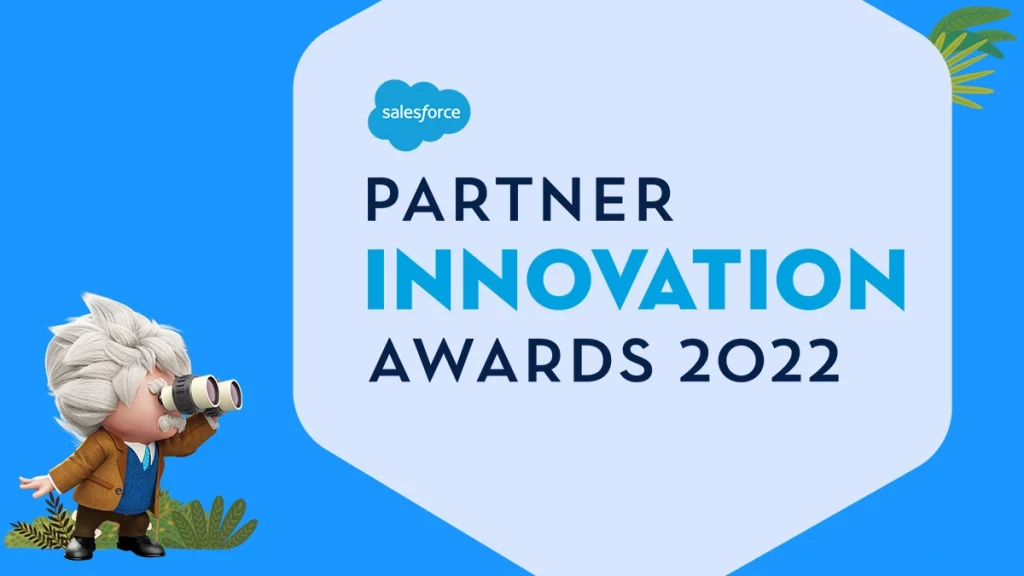
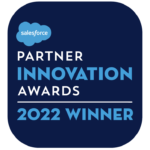 Catalyst Consulting, a proud Salesforce Partner, has been awarded this year’s Salesforce Partner Innovation Award for the Public Sector category. The team has been recognized for the implementation of the City of Toronto’s non-emergency service center, “Toronto At Your Service,” built on Salesforce. The award will be presented at Dreamforce on September 19-21, 2022, in San Francisco, California.
Catalyst Consulting, a proud Salesforce Partner, has been awarded this year’s Salesforce Partner Innovation Award for the Public Sector category. The team has been recognized for the implementation of the City of Toronto’s non-emergency service center, “Toronto At Your Service,” built on Salesforce. The award will be presented at Dreamforce on September 19-21, 2022, in San Francisco, California.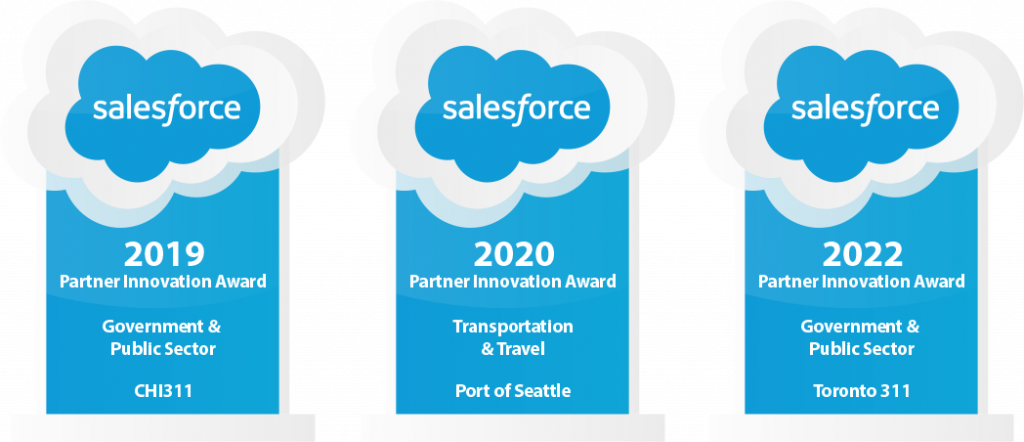


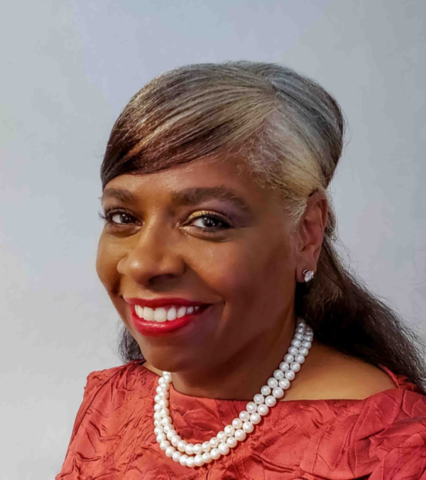




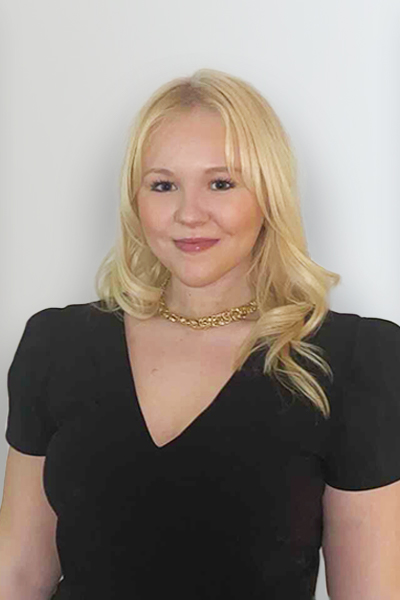
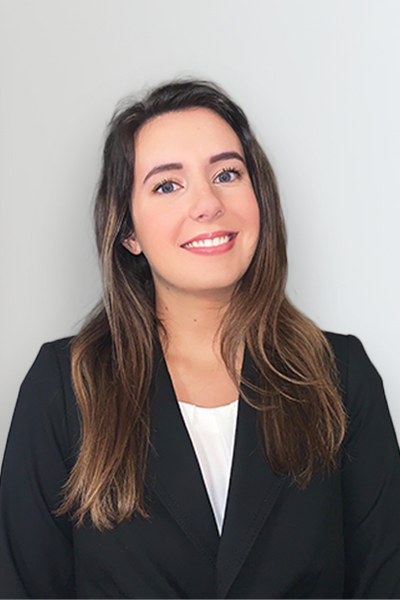
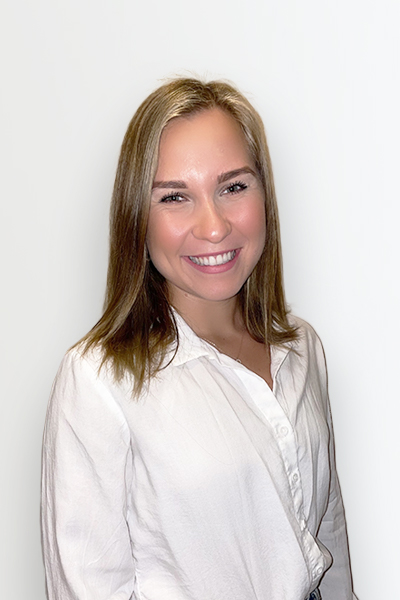
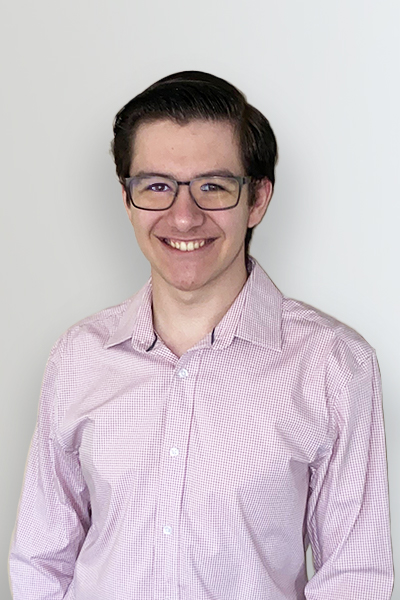
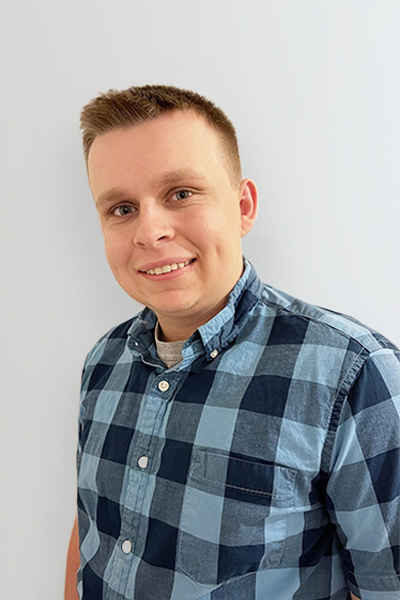

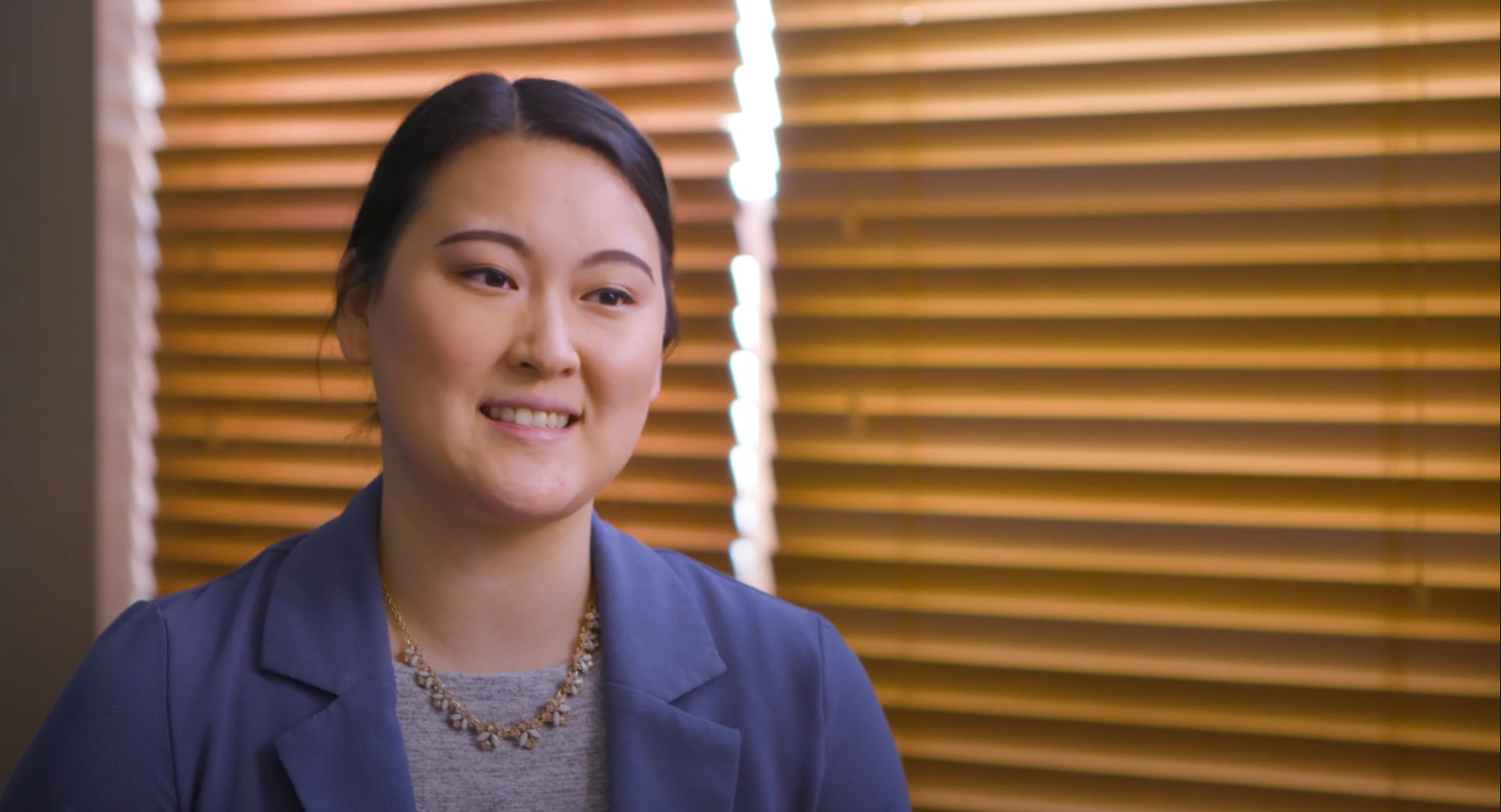
Recent Comments